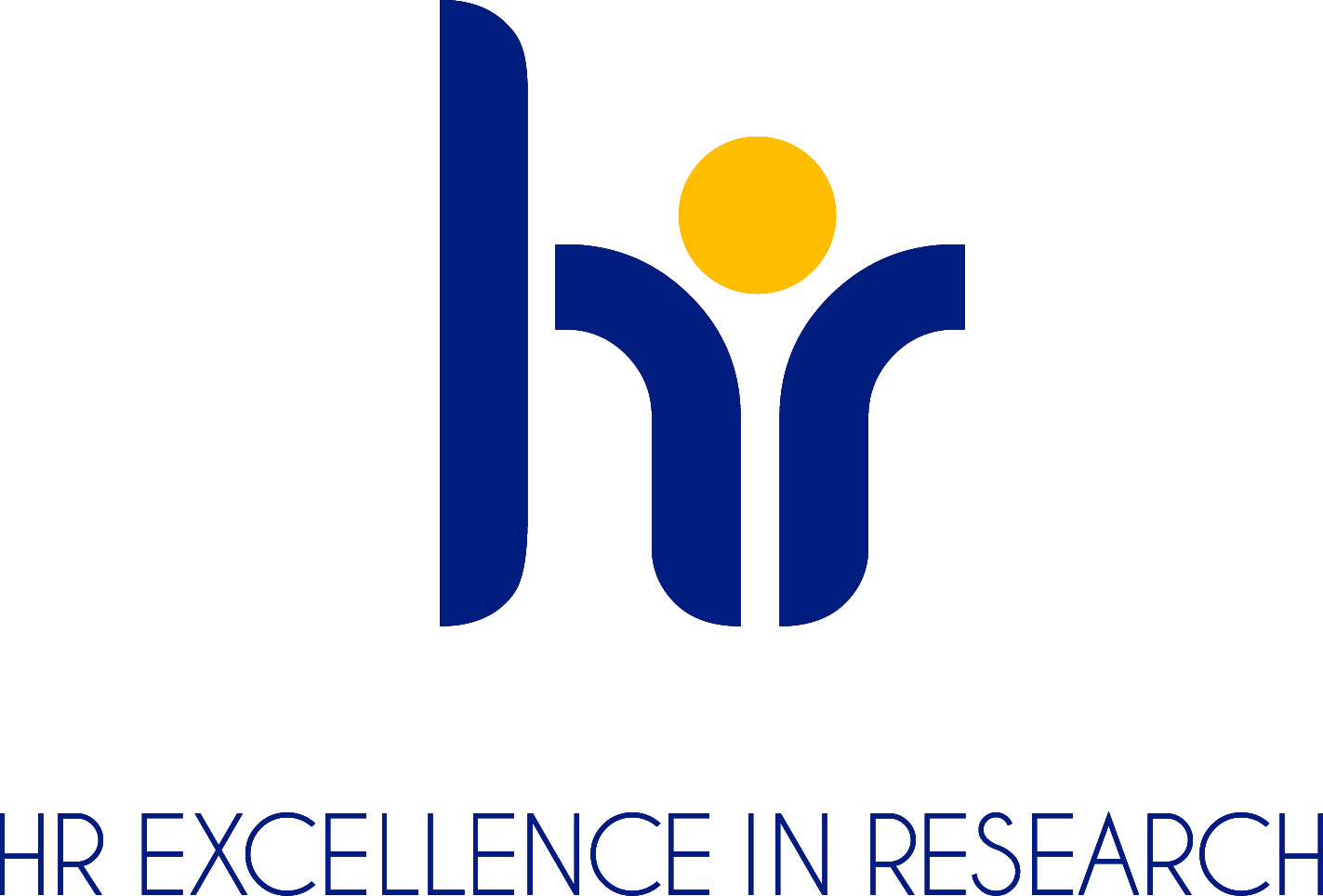The RMIT Vice-Chancellor's Research Fellowships Program
Great minds. Real world impact.

For this round, our focus is on building transdisciplinary research and innovation capability with a focus on specific areas of Regenerative Futures, MedTech Innovation, and Digital Innovation.
We live in a world that is undergoing great change and uncertainty. Over the next decade, we will live and work through complex challenges in climate, security, inequality, health and wellbeing, technological revolutions, and emerging social movements. RMIT University is committed to work with our partners and communities to find new solutions and apply transdisciplinary approaches to help society, the environment, and the economy, navigate these challenges.
The RMIT Vice-Chancellor’s Research Fellowship program aims to provide researchers from all backgrounds an opportunity to flourish whilst making a positive real-world impact. If you value building connections between different people and skills, seek to make a genuine difference to Australia and the world through your research, and can demonstrate creativity and imagination in your approaches, we encourage you to apply for an RMIT Vice-Chancellor’s Research Fellowship.
Applications are now open at academic levels A through to D, in three areas of research focus: Regenerative Futures, Digital Innovation, and MedTech Innovation. Under each of these overarching research areas, specific high-priority topics are provided to focus your application on for this recruitment round.
Appointment of Vice-Chancellor's Research Fellows will be on merit, taking into account strong alignment with the areas of research focus and high-priority topics, and capability for impact linked to one or more of RMIT's Enabling Impact Platforms.
Going beyond ‘sustainable’ practices to restore, renew and revitalise social, economic, and environmental systems.
Revolutionising health outcomes and health expectations through innovation in medical technologies.
Advancing world-leading and multidisciplinary digital innovation research for a prosperous and secure digital future.
*Please refer to the specific eligibility criteria under each of the Fellowship categories.
RMIT’s Vice-Chancellor’s Research Fellowships are open to local and international researchers who are outstanding in their field and who meet the eligibility and selection criteria.
Vice-Chancellor’s Research Fellowships are not available to RMIT employees with current ongoing academic appointments.
Applicants must:
Additional eligibility criteria may apply. Please refer to the specific eligibility criteria under each of the Fellowship categories.
Applications close 12 noon (AEDT) on 7 October 2024.
Applications for the 2024 RMIT Vice-Chancellor's Research Fellows are now CLOSED

Vice-Chancellor's Senior Research Fellow in the School of Engineering.

Vice-Chancellor's Fellow in the School of Engineering.

Vice-Chancellor's Postdoctoral Research Fellow in the School of Health and Biomedical Sciences.
Email: researchfellowships@rmit.edu.au.
Please do not submit applications via this email as they will not be processed. All applications and uploads must be made through our application system, Vervoe.
RMIT is a multi-sector university of technology, design and enterprise with more than 96,000 students and close to 10,000 staff globally. The University’s mission is to help shape the world through research, innovation and engagement, and to create transformative experiences for students to prepare them for life and work.
We choose to excel in applying knowledge with purpose, tackle complex challenges and develop new technologies, systems, ventures and networks to create meaningful benefit for our society, economy and environment.
Bringing different views and expertise together to develop practical, sustainable and ethical solutions to great challenges in society is what drives and defines the RMIT research ecosystem.
Our people make everything at the University possible. We encourage new approaches to work and learning, stimulating change to drive positive impact. Find out more about working at RMIT University, what we stand for and why we are an Employer of Choice.
We want to attract those who will make a difference. View RMIT’s impressive standings in university rankings.

This initiative supports the HR Excellence in Research Award, which is recognised by the European Commission for institutions that make progress in aligning their human resources policies to the European Charter for Researchers and The Code of Conduct for the Recruitment of Researchers. The standards support researchers and includes general principles on the roles, responsibilities and entitlements of researchers, employers and funders, and a commitment to the advancement of research.


RMIT University acknowledges the people of the Woi wurrung and Boon wurrung language groups of the eastern Kulin Nation on whose unceded lands we conduct the business of the University. RMIT University respectfully acknowledges their Ancestors and Elders, past and present. RMIT also acknowledges the Traditional Custodians and their Ancestors of the lands and waters across Australia where we conduct our business - Artwork 'Sentient' by Hollie Johnson, Gunaikurnai and Monero Ngarigo.
More information